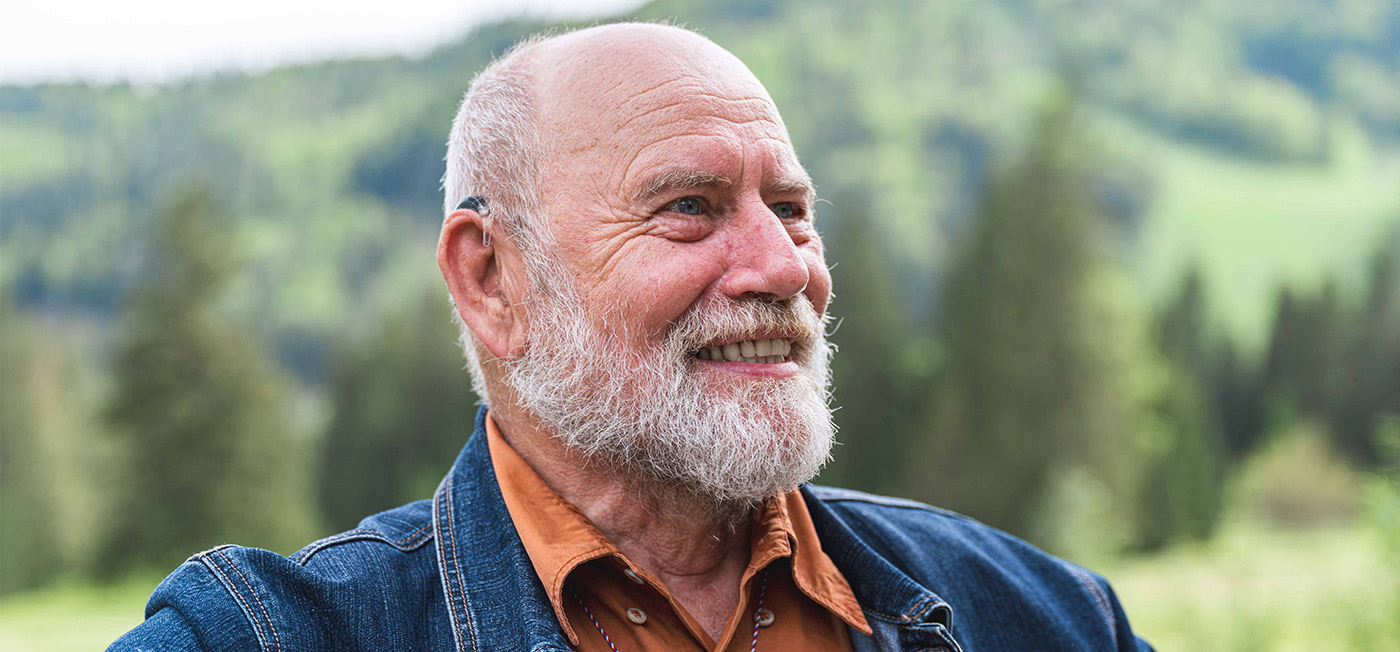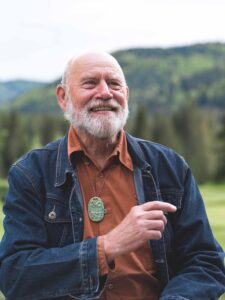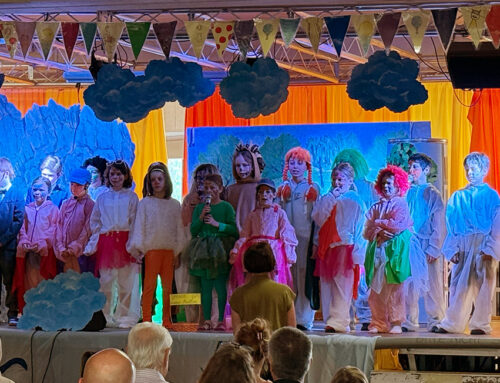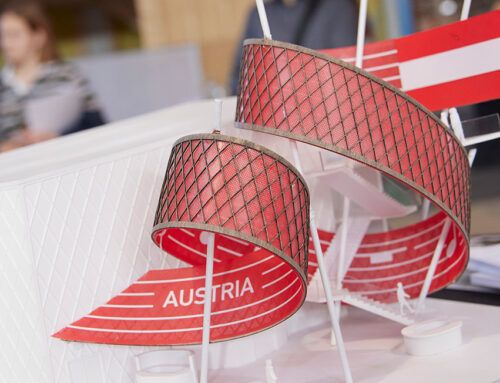Cochlear implant for genetic hearing loss
For generations, members of Gabriel Fusek’s family gradually lost their hearing due to a genetic condition. While his ancestors had no choice but to live with their deafness, today Gabriel and two of his cousins can hear again — thanks to cochlear implants.

“I know of six generations of our family, and four of them were affected by hearing loss,” says Gabriel, who is now 67. The condition runs on his father’s side. “We were all born with good hearing, but over time, we started to lose it.”
One story from the family’s history particularly haunts him: before World War I, his great-great-uncle was conscripted into the army. A skeptical military doctor didn’t believe he was deaf and injured his ear during an exam. The wound became infected, and the young man died from the resulting illness.
Thankfully, for the rest of the family, hearing loss didn’t prove fatal — but it certainly shaped their lives. “My grandmother went deaf as an adult, and two of her children, including my father, also lost their hearing later in life. My dad was completely deaf by the time he passed away at 90.” Gabriel and two of his cousins followed the same pattern. But today, thanks to genetic testing, the family knows their hearing loss stems from a hereditary trait — and with the help of modern cochlear implant technology, all three can hear again.
"I was not aware of my deafness for a long time!"
Gabriel’s own hearing loss began in childhood. He had frequent ear infections, which were especially traumatic back in the 1960s. "Back then, they treated infections with painful injections of tetracycline and penicillin," he recalls. “I was terrified of getting sick again. But at the time, I didn’t feel hearing impaired.”
Still, his parents knew something wasn’t right. “They were experienced with hearing loss, so they were quick to notice the signs. By the time I got to high school, they made sure I could sit at the front of the class.”
After studying archaeology and completing his military service, Gabriel began a career in research. But by his thirties, ear canal inflammation became a recurring issue — accompanied by high fevers and seizures. “That’s when I began to notice I couldn’t hear as well. It had a big impact on my work. I struggled to follow talks at conferences and eventually had to stop teaching.”
Hearing aids no longer helped. Over time, Gabriel unknowingly adapted by reading lips and withdrawing from conversations. “I didn’t even realize how bad it had gotten. It was my wife who finally pointed it out.”
Three more years passed before an ENT specialist mentioned cochlear implants. Gabriel contacted the Slovak Cochlear Implant Center in Bratislava. In early 2006, he received his implant — and a whole new chapter of his life began.
“Life is back to normal with cochlear implants!”

"For a person without hearing, it is as if there is a completely different world out there - and I have returned to this world thanks to CI." ©Michal Gajdos
“The first 15 years of my career went well — I earned my PhD, wrote a book, published articles, worked at a German university, and led large-scale excavations,” Gabriel says. “But when I became deaf, I had to completely rethink my path. I couldn’t teach, attend meetings, or even participate in fieldwork anymore — the only thing I could still do was write.”
His colleagues were supportive. He took on a new role as editor-in-chief of Slovenská archeológia, a Slovak scientific journal. “It allowed me to keep working in the field I loved, even though I couldn’t hear.”
After receiving his cochlear implant and going through rehabilitation, Gabriel slowly returned to his former activities. “Now I attend conferences again, present my own research, sit on scientific committees, and mentor young researchers. I’m even back in the field doing excavations. Thanks to the implant, I’ve returned to a life where I hear — and most of the time, I forget that I’m technically still deaf.”
He doesn’t let small misunderstandings bother him. “If I mishear something, I remind myself: I only misunderstood it because I can hear it at all — and that’s a gift. With the cochlear implant, I’m living a full, unrestricted life again.”
In his personal life, the implant has made a huge difference too. He enjoys listening to music, spending time with friends, and being more present with his family. “You can imagine how much our home life changed when Dad could suddenly hear what everyone was saying again,” he says with a smile.
"I like the way I hear it!"
“The sound processor picks up noises and sends them as signals to the chip in my implant,” Gabriel explains. “At first, I was disappointed — I couldn’t understand anything. But that changed quickly.”
He kept a diary of his progress, tracking the small victories that came each day. “Learning to hear again was like being a child. It takes time to figure out what sounds mean, how they’re different, and how to respond to them.”
Some sounds are different than he remembers — but he doesn’t mind. “I don’t care if it’s not the same as what others hear. I love how I hear now, and that’s enough for me. Without my cochlear implant, I wouldn’t hear anything at all. It’s brought me back into the world.”
And he’s passionate about encouraging others to consider it too: “Don’t believe the rumors or the misinformation — trust science, trust progress. Be hopeful and take advantage of what modern medicine can offer. It could get your life back on track.”
Today, Gabriel and his two cousins all hear again thanks to cochlear implants. And while the youngest generations of the family haven’t inherited the hearing loss, they know that — should it ever happen — there’s a powerful solution waiting.






